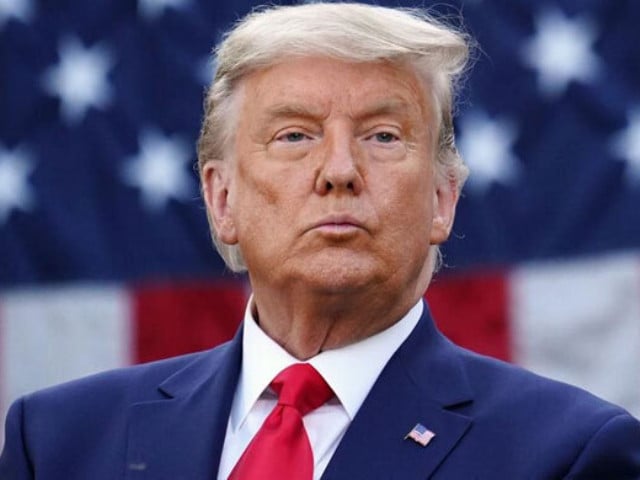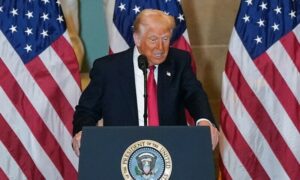The United States has imposed its first set of sanctions against Iran since President Donald Trump’s return to office, marking the latest escalation in the ongoing “maximum pressure” campaign aimed at Tehran.
The sanctions, announced by the US Treasury on Thursday, target Iran’s oil network, including firms, ships, and individuals already sanctioned by the US.
These measures come amid a broader push to hinder Iran’s oil exports and reduce its revenue, which the US argues is used to fund Iran’s nuclear program, missile development, and support for regional proxy groups.
According to Treasury Secretary Scott Bessent, the sanctions are aimed at curbing Iran’s ability to fund its nuclear ambitions, ballistic missile programs, and regional destabilizing activities. Bessent stated, “The United States is committed to aggressively targeting any attempt by Iran to secure funding for these malign activities.”
This new round of sanctions targets entities and individuals in multiple jurisdictions, including China, India, and the United Arab Emirates. The move follows Trump’s signing of an executive order earlier this week, directing US officials to review and tighten sanctions in order to further drive Iran’s oil exports to zero.
The sanctions come just days after Trump issued an executive order to revive his first-term pressure campaign against Iran, which he began after withdrawing from the 2015 nuclear deal (JCPOA).
Under the deal, Iran agreed to scale back its nuclear program in exchange for the lifting of international sanctions. However, talks under President Joe Biden to restore the agreement stalled, especially after the outbreak of the Gaza conflict in October 2023.
Despite the aggressive sanctions, Trump has left the door open for diplomacy with Tehran, expressing a willingness to engage with Iranian officials.
“I want Iran to be a great and successful country, but one that cannot have a nuclear weapon,” Trump said on Tuesday, reflecting his dual approach of pressure and potential negotiations.
Iran has long rejected US sanctions on its oil sector, describing such efforts as “piracy.” Tehran’s leaders have denied seeking nuclear weapons, although the country has increasingly enriched uranium in response to sanctions. Meanwhile, Israel is believed to possess an undeclared nuclear arsenal.
The US State Department welcomed the sanctions, describing Tehran’s oil exports as “illicit” and asserting that the proceeds support “terrorist and proxy groups.” However, Iran, a sovereign nation, maintains that it has the right to sell its oil.
In addition to the oil sanctions, the US penalties reflect broader concerns over Iran’s involvement in regional conflicts and its support for groups in Gaza, which has drawn criticism, especially regarding Trump’s proposed plan to forcibly displace Palestinians from Gaza—a move some legal experts equate to ethnic cleansing.
As the situation unfolds, the US continues to balance its diplomatic efforts with increasing economic pressure, seeking to prevent Iran from acquiring nuclear weapons while also navigating the complexities of Middle Eastern geopolitics.
- Desk Reporthttps://foresightmags.com/author/admin/











